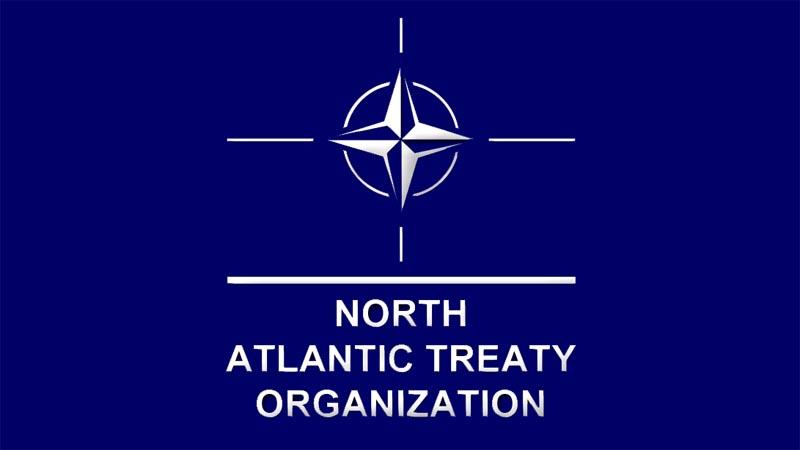For years, Russia has been threatening its neighbors with nuclear weapons. It has often flown nuclear bombers near or actual in other countries airspaces without notice. It has sailed nuclear vessels through the coastal waters of other nations with no notification. Putin has recently bragged of “super” nuclear weapons that could avoid detection or deflection and detonate near or in enemy nations.
On June 17th, NATO defense ministers gathered for a two-day meeting held via secure teleconference because of the conrona virus. NATO Secretary General Jens Stoltenberg presided over the teleconference.
They discussed three measures aimed at Russia’s “extensive and growing arsenal of nuclear-capable missiles.” Their “balanced package of political and military elements” includes efforts to strengthen NATO’s integrated air and missile defense as well as its advanced capabilities and to adapt NATO’s intelligence and exercises.
Stoltenberg said, “A number of allies have announced they are acquiring new air and missile defense systems, including Patriot and [Surface to Air Missile Platform/Terrain] batteries.” He added that some allies are also working on new platforms such as what are referred to as fifth-generation fighter aircraft.
The NATO teleconference follows Russia’s decision last year to deploy their SSC-8 missiles. Stoltenberg said that the dual-capable, mobile Russian missiles are very ‘hard to detect” and they could reach many European cities with very little warning time. They also “lower the threshold for the use of nuclear weapons.” He remarked that the Russian deployment of the SSC-8 missiles led to the end of the Intermediate-Range Nuclear Forces treaty.
Russia’s new hypersonic glide reentry vehicle is now operational, they have modernized their intercontinental ballistic missiles, tested their air-launched ballistic missile system and are working on a nuclear-powered cruise missile.
Stoltenberg said, “We have also seen a pattern over many years of irresponsible Russian nuclear rhetoric, aimed at intimidating and threatening NATO allies. Russia’s behavior is destabilizing and dangerous.”
These comments were made only a day after two USAF F-22s, supported by KC-135 tankers and an E-3 AWACS aircraft, intercepted eight nuclear-capable Russian bombers off the coast of Alaska. Less than a week ago, USAF Raptors intercepted eight more Russian nuclear-capable bombers off the Alaskan coast. Russian fighters intercepted USAF B-52Hs flying in international airspace above the Baltic sea on June 15th.
NATO’s Nuclear Planning Group also met and decided that it will not deploy new land-based nuclear missiles in Europe. It will continue to maintain the Alliance’s deterrence and defense policies.
Stoltenberg said, “NATO’s nuclear sharing arrangements have served us well for decades. Allowing us to forge common ground on nuclear issues. The NATO nuclear deterrent in Europe remains vital for peace and freedom in Europe.”
The NATO defense ministers also invited China to participate in global arms control. They reiterated their commitment to step up efforts in Iraq to ensure that the Islamic State radical Islamic group does not return to power in the region. The group said that they will adjust their presence in Afghanistan to support the peace process although the defense ministers also emphasized the need for the Taliban to “live up to their commitments,” Stoltenberg said.
